Investors impressed by the new iPhone models; WSJ explains why the iPhone isn't made in the U.S.

Typically, the shares of Apple decline following its September new product event. That's because speculators usually drive up the price of the stock in anticipation of what the new iPhones might bring. Once the new handsets are unveiled, disappointment sets in and the speculators make a mad dash for the exit. It might not be a popular opinion, especially since there were a few rumored features missing from the announcements yesterday (chief among them reverse wireless charging), but the presentations apparently impressed investors. Instead of declining the day after the new product event, Apple's shares are actually up $5.71 or 2.64% to $222.42. Once again, Apple is valued at over $1 trillion.
On December 15th, 15% tariffs will be applied to smartphones imported from China including the iPhone. Apple can decide to eat all or some of the additional cost, and pass the balance on the consumers in the form of higher prices. The company already has decided to absorb the entire tax imposed on certain iPhone and iPad covers so that consumers are not affected. The tariffs could raise the retail price of the just-announced iPhone 11 Pro by $40 starting in December. If Apple passes the cost on to consumers, it would take the price of the device to $1,039 and up.
Trump has asked Apple to move production to the United States a number of times
Yes, Apple is an American company. But most of its products are designed in California and manufactured in China. And that brings us to the Journal's video. As it points out almost right from the beginning, Apple has recently tried to assemble a key product in the U.S. When Apple marketing chief Phil Schiller announced that the 2013 Mac Pro would be manufactured in the U.S., those attending the new products event cheered. The computer (with a design that the Journal likened to a garbage can) was built in a $100 million facility that the company built in Austin, Texas. But Apple had supply chain issues and was forced to move production back to China.
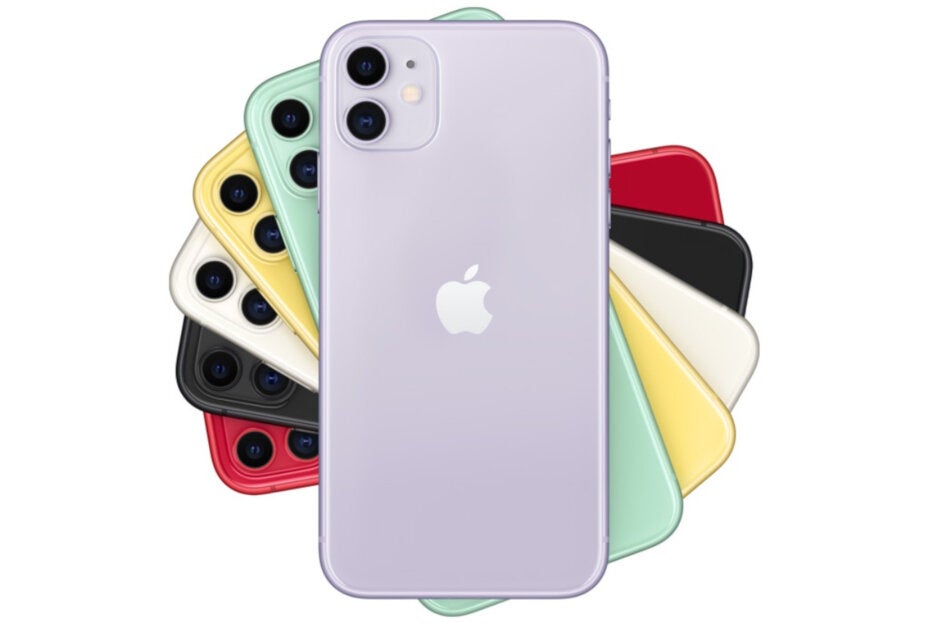
The Apple iPhone 11 is designed in California, assembled in China
About a year ago, Trump told Apple that it can avoid tariffs by moving production of its devices, including the iPhone, to the U.S. That is easier said than done. Apple has a global supply chain that would be hard to replicate. Apple did say earlier this year that it is looking to move as much as 30% of its production out of China, and it already does manufacture some iPhones in India. However, the models produced in that country are mostly for domestic use to-ironically-save Apple from tariffs in India that would drive the price of each phone up by $100. While India is indeed the second-largest smartphone market in the world, it is a developing country and many consumers are unable to afford the price of a flagship phone. One country thought to be under consideration by Apple to replace some of the production done in China in Vietnam. Back in July, Apple announced that it would start trial production of the AirPods wireless Bluetooth earbuds in the country. The device is currently assembled in China.
Last month, Google announced that it was moving production of its Pixel handsets to Vietnam and out of China. But unlike Apple, Google manufacturers a small number of handsets (8 million to 10 million this year) making it easier for it to assemble a supply chain. Google is going to make its phones in a factory that used to churn out Nokia handsets back in the day.
Donald Trump isn't the only U.S. president that has tried to get Apple to move production to the states. The Journal notes that President Barack Obama once asked the late Steve Jobs what it would take to move iPhone assembly to the U.S. Jobs reportedly replied that "those jobs aren't coming back."
Follow us on Google News







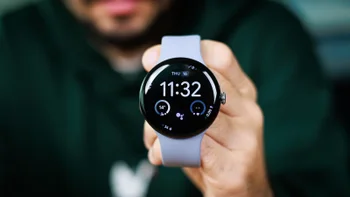
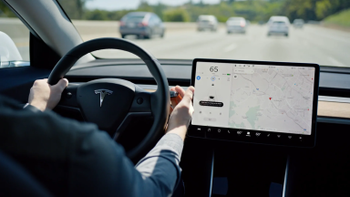
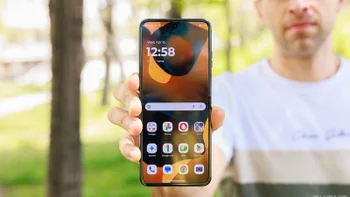

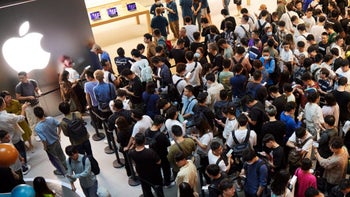
Things that are NOT allowed:
To help keep our community safe and free from spam, we apply temporary limits to newly created accounts: